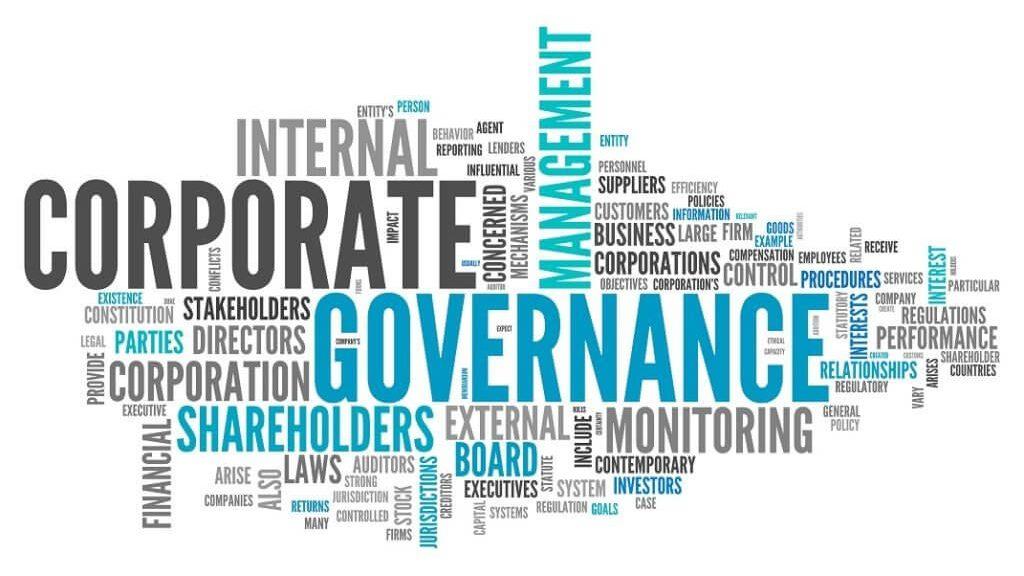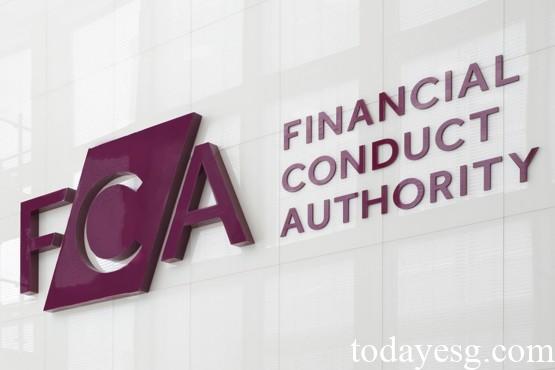Discussion Paper on Sustainable Governance
The Financial Conduct Authority (FCA) of the United Kingdom issued a discussion paper on sustainable governance for financial companies to solicit governance opinions related to sustainable development. FCA believes that the financial industry needs to play an important role in the process of net zero transition, and the sustainable governance of financial companies is becoming more important.
This discussion paper focuses on the governance, incentive, and competition measures of financial companies (banks, insurance companies, asset management companies, etc.). Previously, FCA has prepared to carry out an ESG investigation on asset management companies, and it already includes governance issues.
The Importance of Sustainable Governance
FCA believes that TCFD and ISSB have taken governance as an important part in the framework of sustainability.
TCFD (Taskforce on Climate-related Financial Disclosures) believes that governance, strategy, risk management and metrics objectives are the core parts of climate-related information disclosure, which can help companies measure climate change and provide efficient capital allocation. In terms of governance, TCFD believes that the board of directors and management need to understand and evaluate climate-related issues and introduce climate variables into remuneration.
ISSB (International Sustainability Standards Board) published the sustainability-related disclosure standards and climate-related disclosure standards in 2022, which provided a series of requirements in terms of governance, such as:
- Describe the management’s responsibility for sustainable issues;
- Determine the frequency and way of exposures to sustainable issues;
- Consider sustainable issues when formulating the development strategy;
- Incorporate sustainable performance indicators into remuneration;

FCA’s View on Sustainable Governance
FCA believes that good corporate governance, such as effective board supervision and clear management responsibilities, can help companies manage sustainable risks. The company needs to clarify its priorities in the governance process, which can be achieved from four perspectives:
- Competence of the board and management: as the core maker of the company’s development strategy, the board needs to have the correct knowledge, skills and experience with sustainability. The board and the management can also participate in sustainable training to improve the company’s ability of net zero transformation. In addition, it is also an effective way to set up a sustainability committee to provide information to the board and management (in 2021, at least half of FTSE 100 companies have set up a sustainability committee);
- Responsibilities of the board and management: The board and management need to incorporate sustainable issues into their work responsibilities. For example, the chief risk officer (CRO) is often considered as the head of climate-related matters in the board. Other members also need to consider sustainable risk as a financial risk and discuss sustainable issues. The sustainability departments of the company can also report directly to the board;
- Remuneration of the board and the management: The remuneration system is an important part of the incentive for the board and management. The company can incorporate the relevant sustainable commitments into the remuneration system, or take the performance indicators of the sustainable development as a part of the remuneration, in order to standardize the behavior of the board and management and provide help for the long-term growth of the company;
- Investor’s stewardship of the company (applicable to asset management companies): In addition to providing funds to asset management companies, investors can also require the company to consider sustainable factors at the governance level. Under fiduciary duty, companies can act for the benefit of investors and develop sustainable governance;
What Will FCA Do Next
The FCA will conduct a three-month consultation on sustainable governance to help with the subsequent development of governance, incentives and competition policies in the future.
Reference:









